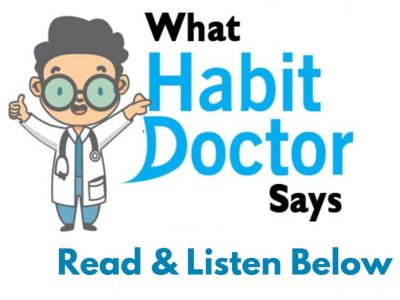Do you ever have self-conscious thoughts? No, I don’t think I’ve ever felt that way. Most of us have experienced this at some point or another. Everyone appears to be creating multibillion-dollar companies, becoming household names on YouTube, or gaining notoriety on Instagram. A majority of us, however, also realise that it’s a complete hoax. There are folks that are enjoying fantastic lives and we don’t care whether they are or aren’t genuine. In the end, it doesn’t matter what you desire in life; it all boils down to this: How confident are you? What makes you so certain that you’ll say “screw it” and go after your goal? There is a fine line between being able to declare, “I don’t need that,” and being able to maintain your composure. You get the picture? If you want to succeed in life, you need to have a high level of self-confidence. This is true no matter what you’re aiming for.
Lack of self-assurance has been linked to a variety of negative outcomes, including:
- Depression
- feelings of isolation and exclusion
- worse performance in school
- a decrease in overall well-being
What I’ve discovered to be the most practical self-confidence philosophy is termed “confidence by competence. “In 1952, Bernice Milburn Moore wrote an essay in the journal of Educational Leadership titled Self-Confidence for Competence. Although the post focuses on teacher confidence, I’ve found it to be applicable in a variety of situations. There isn’t much variation in the definitions of self-assurance that you find online. According to Moore, it is “a confidence in oneself, a faith in one’s capacity to deal with whatever comes one’s way”
However, she emphasises the following: It’s just as useless to have self-confidence without being competent.
Going to business school is a sign of professionalism. Self-confidence and competence go hand in hand when you use your business skills to head your own firm. You can’t do much without the other. That comparison is both symmetrical and asymmetrical. Confidence in oneself without skill is likewise pointless—talking the talk is not a long-term solution. Talk and bluster are important, but you must also have the ability to back them up.
Self-Esteem and Confidence
As a result, improving your skills boosts your self-assurance. So that’s how it works, and there’s evidence to back it up. What can you do with this knowledge? The next stages are simple, yet accomplishing them requires a lot of effort. This is how it works:
- Develop your abilities.
- Practice what you’ve learned.
- Take a look at the outcomes.
- Increase your self-esteem
- Repeat
In other words, that’s the way things work. But, what if I don’t see any effects after all of this?” Because I’m too busy to practise,” he adds. That’s OK if you want to make excuses. It’s up to you. Instead than relying on intangibles like affirmations, this strategy relies on concrete actions. Confidence does not spring out of thin air. It has to be worked for. No matter how many times you tell yourself that you’re confident, fortunate to be alive, or anything else, you’ll never be able to believe in yourself if you don’t have the ability to get things done. Most self-help authors and theories fall within this category. Affirmations, optimistic thinking, and goal setting are all excellent, but without action, they’re worthless. If you don’t accomplish anything, how can you expect to gain self-assurance? It’s a no-brainer that this can’t happen. It’s impossible to boost one’s self-esteem and self-confidence more than success. He was influenced by Thomas Carlyle. What skills do I need to work on?
What you’re looking for will have an impact on your decision.
There are, however, certain abilities that I feel every individual can benefit from, such as perseverance.
Emotional intelligence – Humans are social beings, according to research. We would all perish if we didn’t have healthy interpersonal connections. Emotional intelligence is a must if you want to have healthy relationships. This means being able to recognise and appropriately react to the emotions of others. A skill may be learned. It is possible to cultivate self-awareness by constantly reflecting on your thoughts and feelings. Think about why you do what you do, what you can do better, and what you’re doing well; write down your ideas. Self-awareness is the key to happiness.
Identifying and fixing issues — When our modern educational system was established, the industrial revolution was only beginning to take hold. We’re taught to function as though we’re a part of a machine. We’re not taught how to address complicated issues; instead, we follow orders. Because of this, a person who is better at addressing problems will prevail in today’s changing environment. If you assume that wishing for better circumstances would bring it about, you’re deluded. As soon as you see the benefits of your hard work, you begin to believe that you are capable of doing everything you set your mind to.
Do things, become better at them, see the results, repeat the process, and get even more confidence.



Valuable content for designing a better life and making intentional choices. I’m grateful for this blog
We appreciate your opinion